Industrial Technologies and Machines II. (blended) - RTEIT2EBNF
Academic year/semester: 2024/25/2
ECTS Credits: 4
Available for: Only for the faculty’s students
Lecture hours: 1
Seminarium:-
Practice: 0
Laboratory: 1
Consultation: -
Prerequisites: Industrial Technologies and Machines I.
Course Leader: Gabriella Oroszlány Ph.D.
Faculty: Rejtő Sándor Faculty of Light Industry and Environmental Engineering, 1034 Budapest, Doberdó utca 6.
Course Description:
Further machinery fundamentals, basic concepts, principles and operational requirements which
are closely related to the product design expertise area.
The material processing and basic settings of special equipment for each process step of the
manufacturing process. Knowledge of the structural parts of machines (mechanical machine
components, pneumatic components, etc.) will enable to understand the design and the operating
principle of machines and make it possible to select the appropriate machines and equipment.
Working principles and structural designs of the overall garment processing equipments (sewing
machines, irons and glue machines, presses etc.).
Special clothing machining: clothing welding, laser cutting, engraving technology tools, sewing
machines and pneumatic cam control.
The latest developments and innovative solutions of equipments producing packaging tools and
performing packaging.
Competences:
– Knowledge of basic design principles and methods, as well as major production technology procedures and operating processes. – Knowledge of the most important basic materials applied in the special area of product design, their production and their application criteria. – Able to interpret and characterize the structure and operation of the structural units and components of relatively simple technical systems, as well as the design and connection of the system components applied. – Able to explore the causes of failures and to select elimination operations.
Topics:
cture 1: Classification of patterns and tailoring tools. Tools and equipment used for tailoring light industrial products (textiles, leather, paper, etc.).
Week 2:
Practice 1: Special techniques and equipment - braiding, rope stitching. Applications of braiding and rope beading technologies in product design.
Week 3:
Lecture 2: History of the sewing machine, technological solutions for mechanisation of the sewing operation, recent developments and design of sewing machines.
Week 4:
Practice 2: Construction of basic stitch sewing machines. Types of stitch forming devices and their operation and construction. General operation of sewing machines, typical faults, and maintenance tasks.
Week 5:
Lecture 3: History, technical, and technological development of ironing and gluing equipment used for smoothing and shaping textile products. Construction and principle of operation of ironing and gluing equipment used in factory production. Typical applications for each type of equipment.
Week 6:
Practice 3: Special ironing equipment used for the decoration of textile garments - Introduction to the technology and machinery for making pleats.
Week 7:
Lecture 4: Paper making and packaging equipment I. History of paper making, technology, tools, and machinery for paper production.
Week 8:
Practice 4: Automation of sewing. Investigating the relationship between automation and designer creativity - Pamphlet editing.
Week 9:
Lecture 5: Paper making and packaging equipment II - History of packaging, classification of different packaging materials, their uses, technology, tools, and machinery for the production of packaging materials.
Week 10:
Practice 5: Welding technology and machinery for synthetic sheet products. The relationship between welding of synthetic sheet products and product design.
Week 11:
Lecture 6: Application of electropolishing in product design. General technology and principle of operation of electropolishing.
Week 12:
Practice 6: Characteristics and design of pneumatic systems and their components, principle of operation. Characteristics of pneumatic systems used in light industrial automation.
Week 13:
Test (ZH) online: Deadline for submission of individual or group assignments during the semester.
Week 14:
Supplementary test: Supplementary submissions.
Assessment: Attendance at lectures and practices/labs Attendance at the exercises is compulsory, absence according to the TVSZ. Attendance at lectures is also compulsory, for the successful completion of the semester (exam) knowledge of the material presented in the lectures is required. Tests, minutes, reports, etc. Week 13 – Test (ZH) Week 13 - deadline for individual or group assignments due during the semester Week 14 - revision and supplementary tests Week 14 - submission of supplementary assignments Method of obtaining a signature/mid-term mark The prerequisite for obtaining a signature: - Valid participation in the exercises, - Individual or group assignments issued during the semester must be completed and handed in by the deadline. - Writing of 1 final examination paper with a grade of at least satisfactory. A minimum of 50 % of the maximum mark for the final examination must be achieved for a satisfactory grade. The mark will be awarded on the basis of the result of the final examination if the individual or group assignments have been handed in on time and accepted. The relevant provisions of the current Study and Examination Regulations apply to the replacement of the signature. Examination is written and take approximately 60 minutes. The assessment is based on the percentage of marks obtained: 0 - 49% unsatisfactory, 50 - 62 % satisfactory 63 - 75 % moderate, 76 - 88 % good 89 - 100 % excellent
Exam Types:
Written Exam
Compulsory bibliography: 1. Steven R. Schmid, Bernard J. Hamrock, Bo. O. Jacobson: Fundamentals of Machine Elements, ISBN 9781439891322 2. Machine elements, handbook, http://www.gbi.bgk.uniobuda.hu/oktatas/segedanyagok/gepelemek/Machine_Design_2/MachineElement.pdf 3. https://elearning.uni-obuda.hu/ electronic notes and aids prepared by the instructor
Recommended bibliography: -
Additional bibliography: -
Additional Information: -



